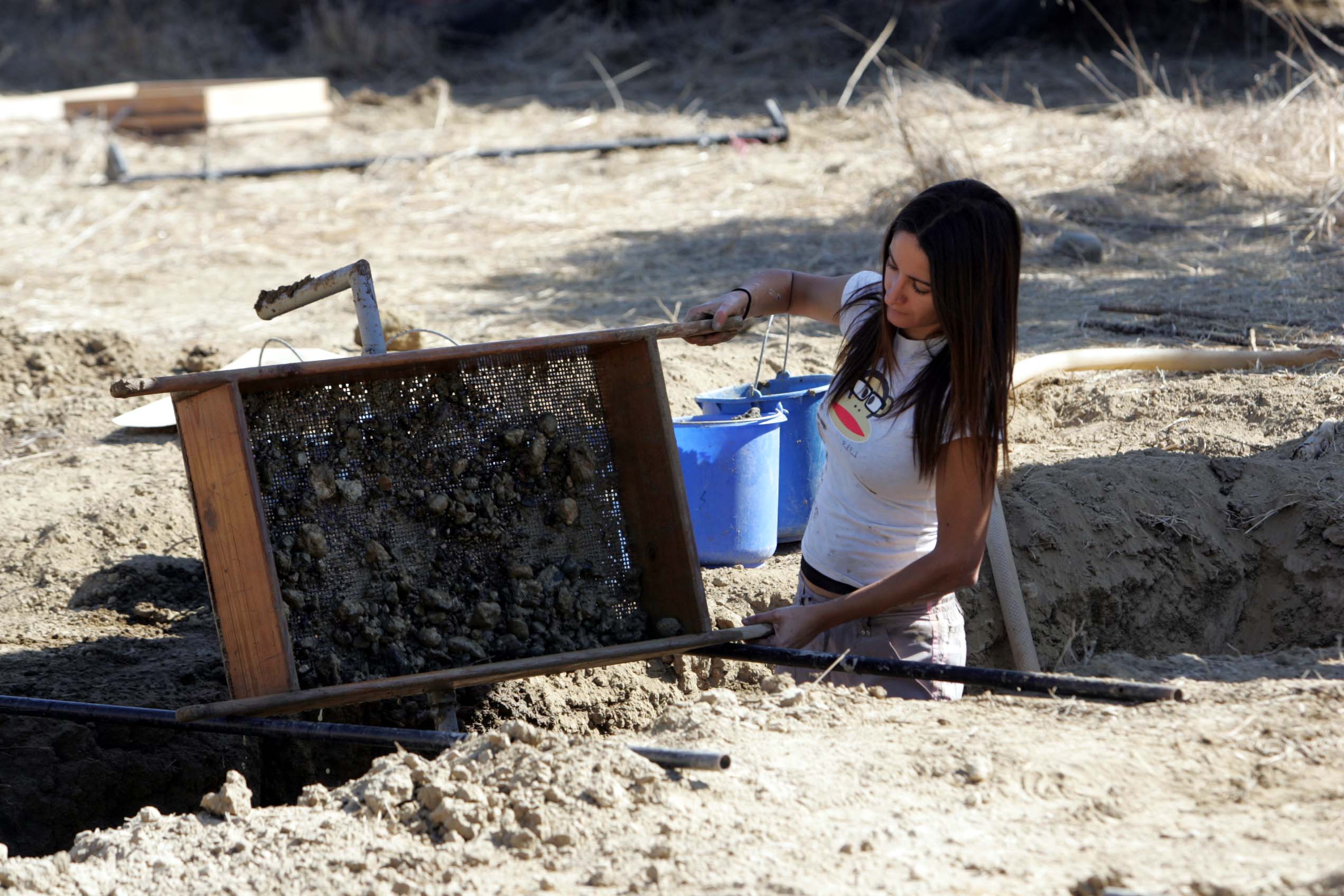By Loukis Skaliotis
Last week I wrote that Plato considered truthfulness a key characteristic of a good leader. Indeed, it is more generally a characteristic of good moral character. Telling the truth may be something that we all avoid from time to time, but it is something that is not difficult to know whether we exercise it or not.
At a society level, however, truth telling is a more challenging concept. That is because in a society made up of many individuals, each one has their own truth. Getting to find what really happened in the past, therefore, is more difficult. Helping to achieve this is what truth and reconciliation commissions have done in many countries with troubled histories. This coming to terms with its past is a key aspect of a society’s character. It is important in setting the foundations of building its future among all its citizens, based on a shared understanding of its history. It is therefore, apart from giving individuals directly affected closure from the pain of past events, a wider concept on which the future wellbeing of the country is based. Despite it not being measurable it should not be treated lightly.
Truth and reconciliation committees have existed in many countries. The most well known one is in South Africa which helped bring the country together after the divisions of apartheid. There are many others including Colombia – where Maria Angela Holguin, the latest UN envoy for Cyprus, was involved – Canada and Guatemala to name just a few. Each one had their own special characteristics, but the key goal of reaching a shared understanding of the truth was the main objective. It is actually part of transitional justice.
Here in Cyprus, we could also benefit from undertaking this endeavour for bringing us closer together. Well known human rights lawyer Achilleas Demetriades has long battled in trying to convince over the need to upgrade the existing Committee on Missing Persons in Cyprus into a wider truth commission. The immediate, and time pressing, need is the purely humanitarian effort to not only identify what happened to the missing persons (both Greek Cypriot and Turkish Cypriot), but also to provide the relatives of those already identified as dead, the circumstances leading to death. For that to happen, an amnesty for past crimes to those who step forward and disclose the truth is the compromise that truth commissions worldwide have adopted. It is a compromise that societies have come to accept as necessary if the important goal of establishing the truth is to be achieved and building the basis to move forward. It is worth noting that this principle was already adopted in 1990 for the existing Committee on Missing Persons; it just needs to be formalised from a de facto principle into a legal one.
Next Tuesday, December 10 is World Human Rights Day. To mark the occasion the UN will be hosting an event at the Ledra Palace where both President Nikos Christodoulides and Turkish Cypriot leader Ersin Tatar have been invited to attend. Let us hope that they can use this anniversary to set aside the political bickering and display the character necessary to give the truth process a much needed beginning that would alleviate the suffering of the relatives of the missing persons. It would be a good showing of a confidence-building measure that could pave the way for reconciliation in Cyprus which has been sought for so long.
Loukis Skaliotis is an economist







Click here to change your cookie preferences